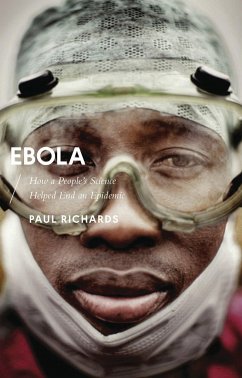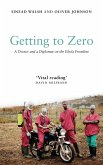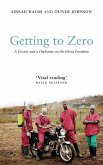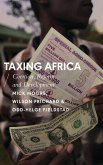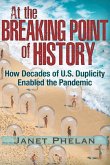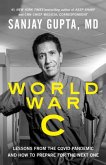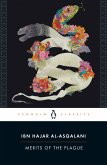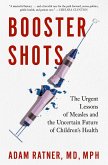Shortlisted for the Fage and Oliver Prize 2018
'Represents the first serious attempt to grapple with some of the practical as well as epistemological questions posed by the local response to the outbreak...Offers important insights, especially concerning the central issue of burial practices, one of the epidemic's main routes of infection.'
The Economist
'A must-read for all involved in epidemics, epidemiology and public health.'
Nature
'[A] first-hand analysis of the complicated situation that arose from the outbreak, a fascinating story of the success and failures of experts, volunteers and village people ... eye-opening reading'.
Medicine, Conflict and Survival
'In this provocative book, Richards argues that the international response may actually have extended the epidemic's duration.'
Foreign Affairs
'The importance of this work for fighting future epidemics cannot be overstated.'
African Affairs
'A book rich in practical examples from extensive knowledge of the region, with theory to underpin observation...fascinating.'
Oxfam 'From Poverty to Power' blog
'Policymakers involved in responding to global pandemics [should] read this book and to think more seriously about how to develop approaches that really listen to affected communities.'
Africa at LSE
'A scholarly exercise that will appeal to medical and health policy academics ... convincingly argues the broader lesson for containing future epidemics.'
Publishers Weekly
'The book is useful for any individual teaching or practicing in the fields of psychology or medical education, as well as those in social work, education, and public health.'
Choice
'With his decades of experience in rural Sierra Leone, Richards is almost uniquely placed to write this book, which highlights the strong potential at community level for learning about and acting against a deadly disease. We would do well to implement these principles in future emergency responses of all kinds, as well as within long-term development work.'
Sinead Walsh, Irish ambassador to Sierra Leone and Liberia
'A valuable reflection of the experiences of affected communities and aid workers in Sierra Leone. This book is a must for all disease control professionals in Africa and beyond. The book is also exceptionally well written and easily accessible to interested novices.'
Ger J. Steenbergen, first secretary of health, Netherlands Embassy in Ghana
'With some 40 years' experience living, working and writing about the Mano River Region, Paul Richards' manuscript provides a succinct, erudite and important contribution to this debate.'
Journal of Modern African Studies
'Represents the first serious attempt to grapple with some of the practical as well as epistemological questions posed by the local response to the outbreak...Offers important insights, especially concerning the central issue of burial practices, one of the epidemic's main routes of infection.'
The Economist
'A must-read for all involved in epidemics, epidemiology and public health.'
Nature
'[A] first-hand analysis of the complicated situation that arose from the outbreak, a fascinating story of the success and failures of experts, volunteers and village people ... eye-opening reading'.
Medicine, Conflict and Survival
'In this provocative book, Richards argues that the international response may actually have extended the epidemic's duration.'
Foreign Affairs
'The importance of this work for fighting future epidemics cannot be overstated.'
African Affairs
'A book rich in practical examples from extensive knowledge of the region, with theory to underpin observation...fascinating.'
Oxfam 'From Poverty to Power' blog
'Policymakers involved in responding to global pandemics [should] read this book and to think more seriously about how to develop approaches that really listen to affected communities.'
Africa at LSE
'A scholarly exercise that will appeal to medical and health policy academics ... convincingly argues the broader lesson for containing future epidemics.'
Publishers Weekly
'The book is useful for any individual teaching or practicing in the fields of psychology or medical education, as well as those in social work, education, and public health.'
Choice
'With his decades of experience in rural Sierra Leone, Richards is almost uniquely placed to write this book, which highlights the strong potential at community level for learning about and acting against a deadly disease. We would do well to implement these principles in future emergency responses of all kinds, as well as within long-term development work.'
Sinead Walsh, Irish ambassador to Sierra Leone and Liberia
'A valuable reflection of the experiences of affected communities and aid workers in Sierra Leone. This book is a must for all disease control professionals in Africa and beyond. The book is also exceptionally well written and easily accessible to interested novices.'
Ger J. Steenbergen, first secretary of health, Netherlands Embassy in Ghana
'With some 40 years' experience living, working and writing about the Mano River Region, Paul Richards' manuscript provides a succinct, erudite and important contribution to this debate.'
Journal of Modern African Studies

